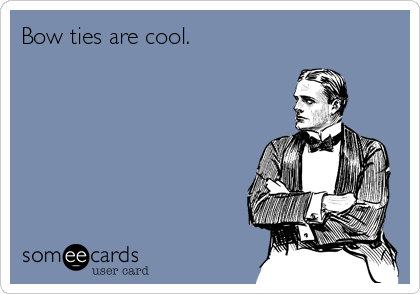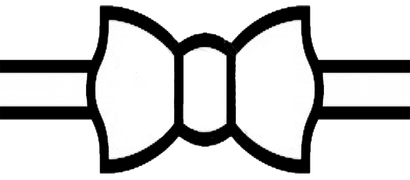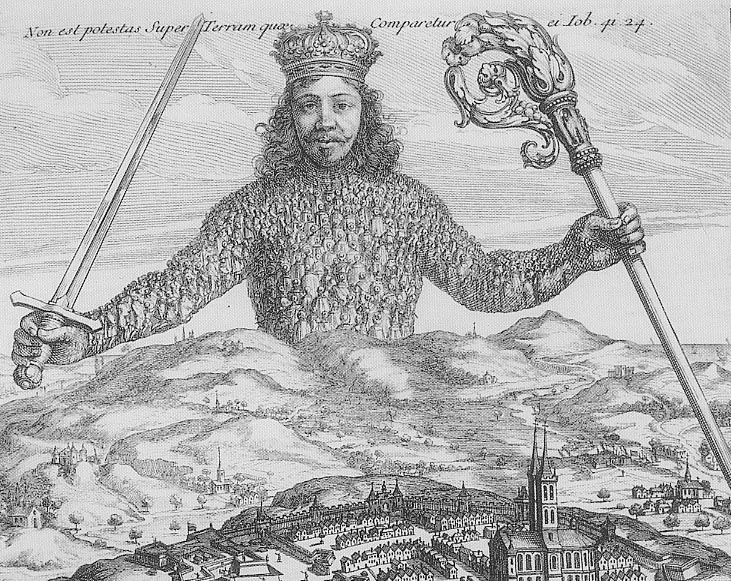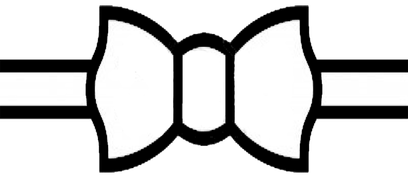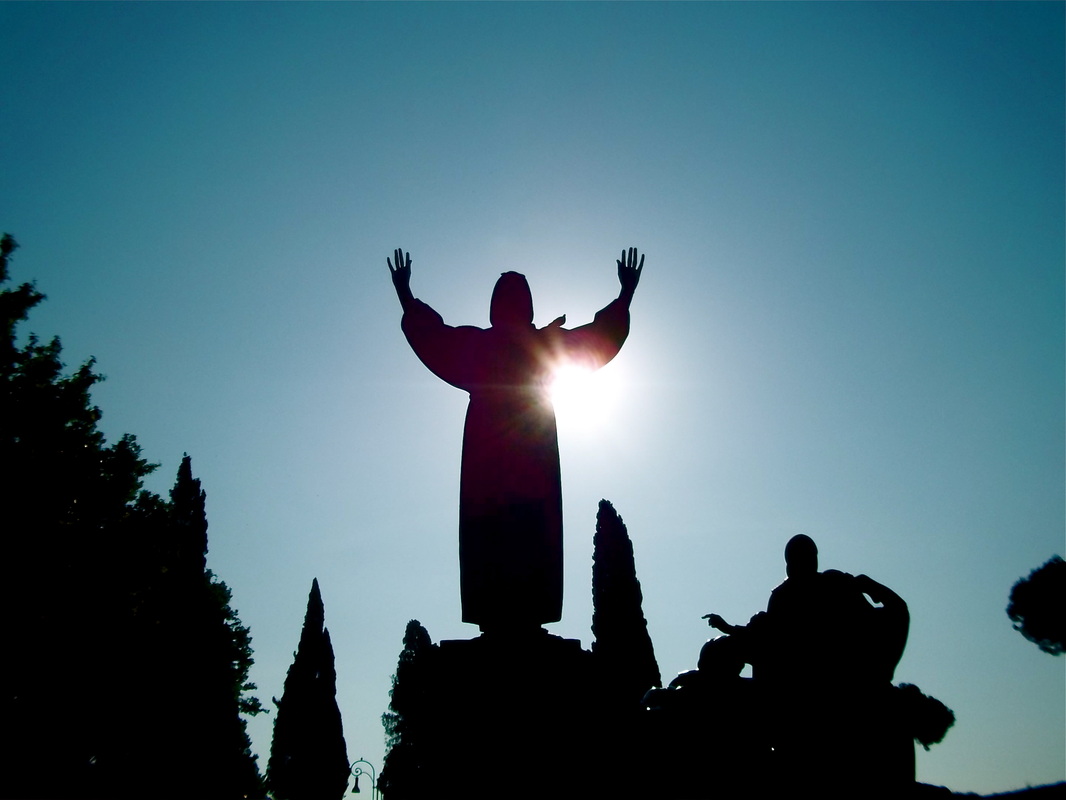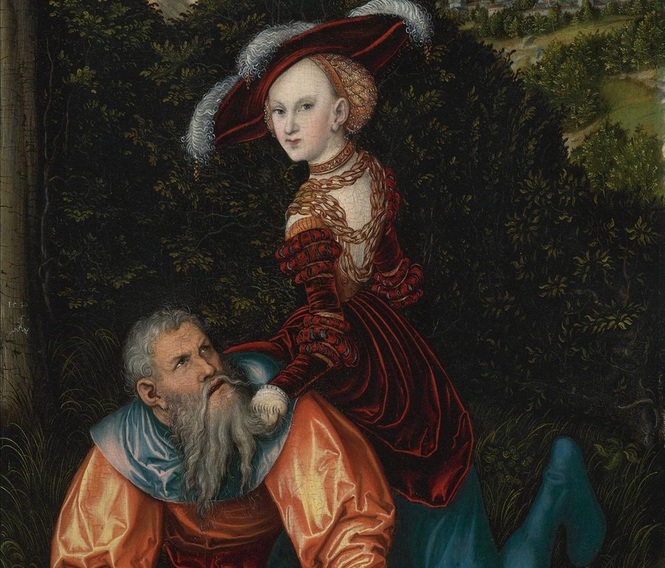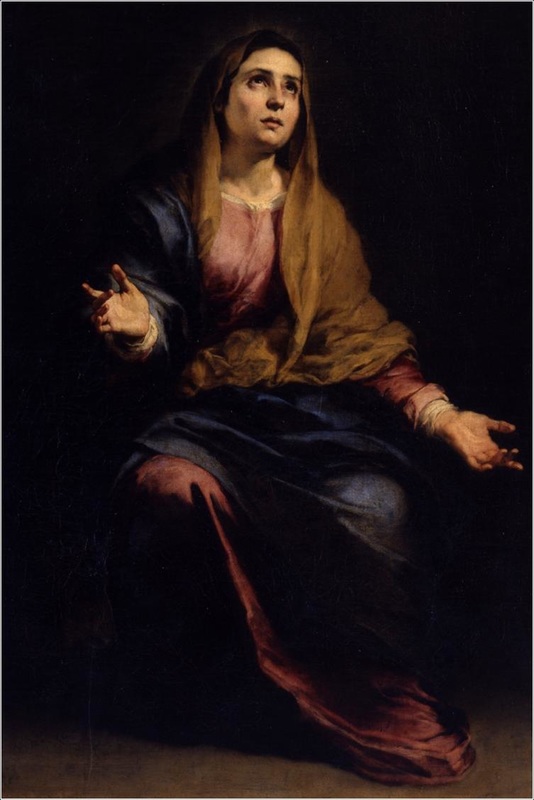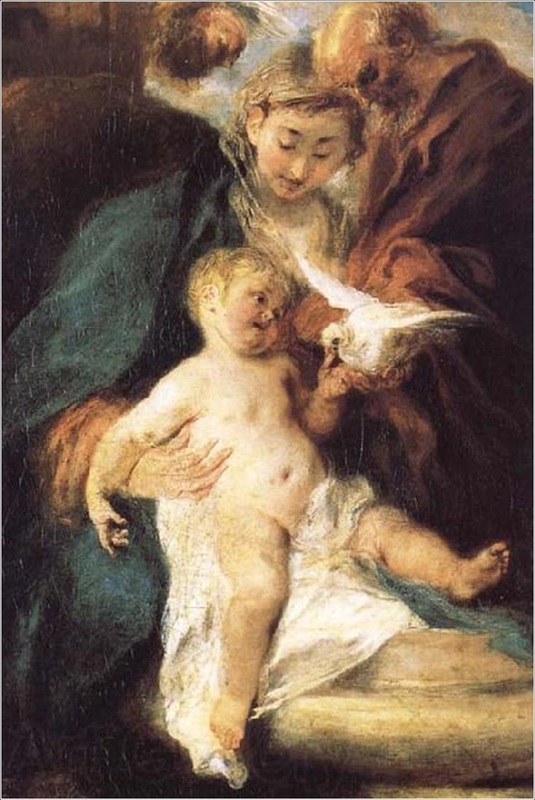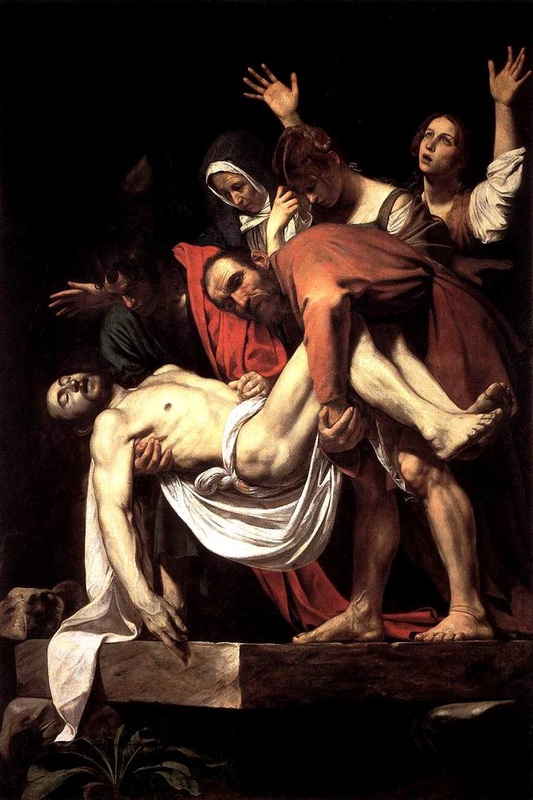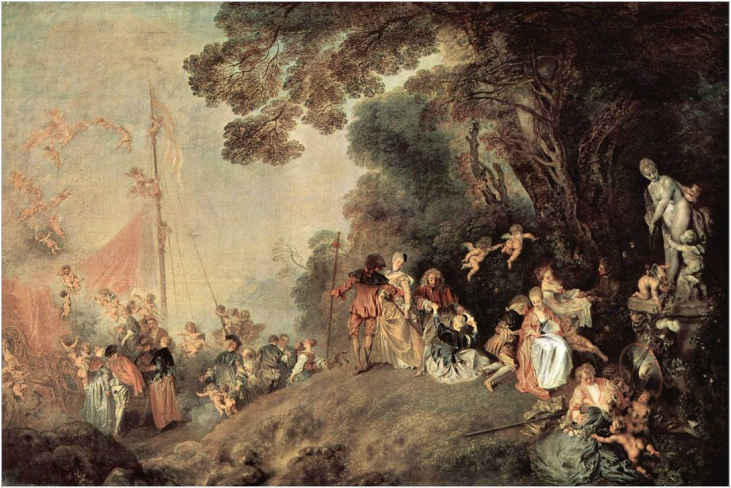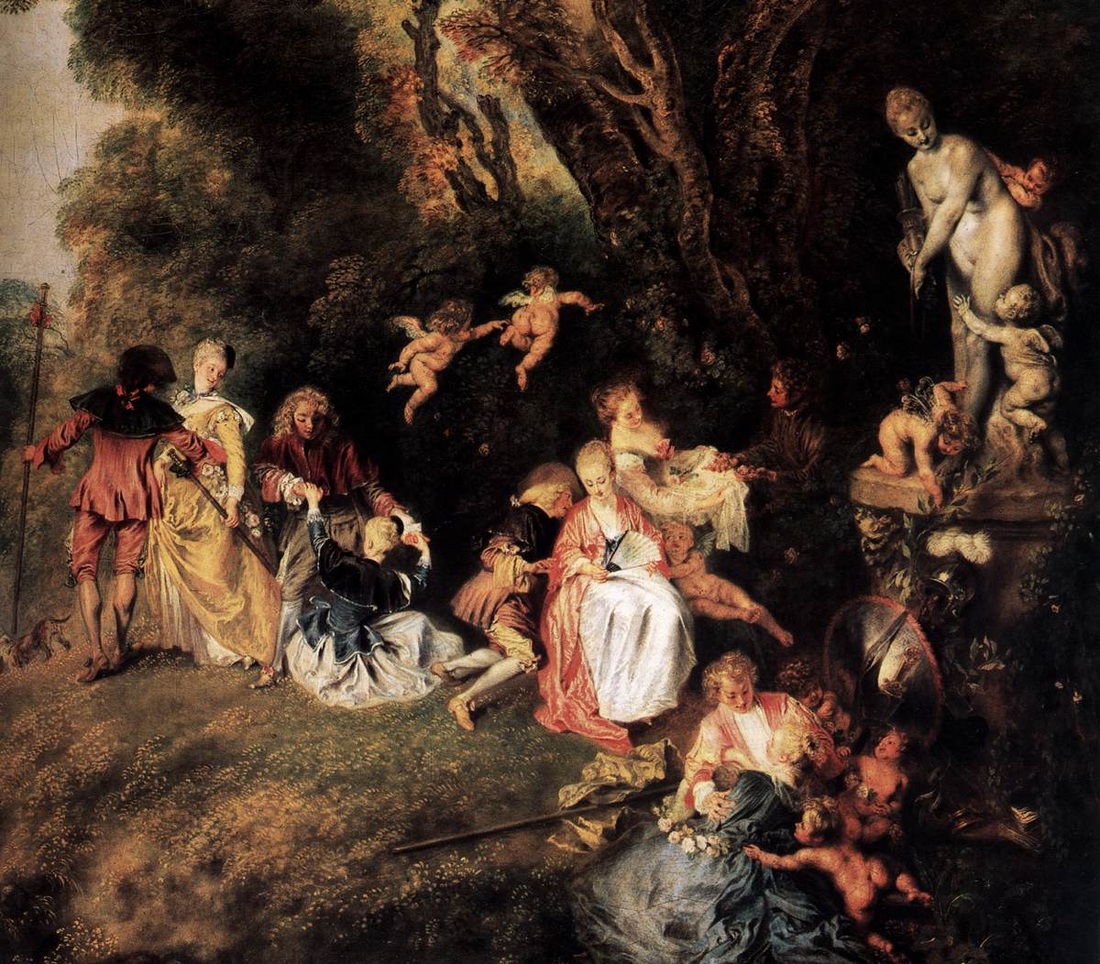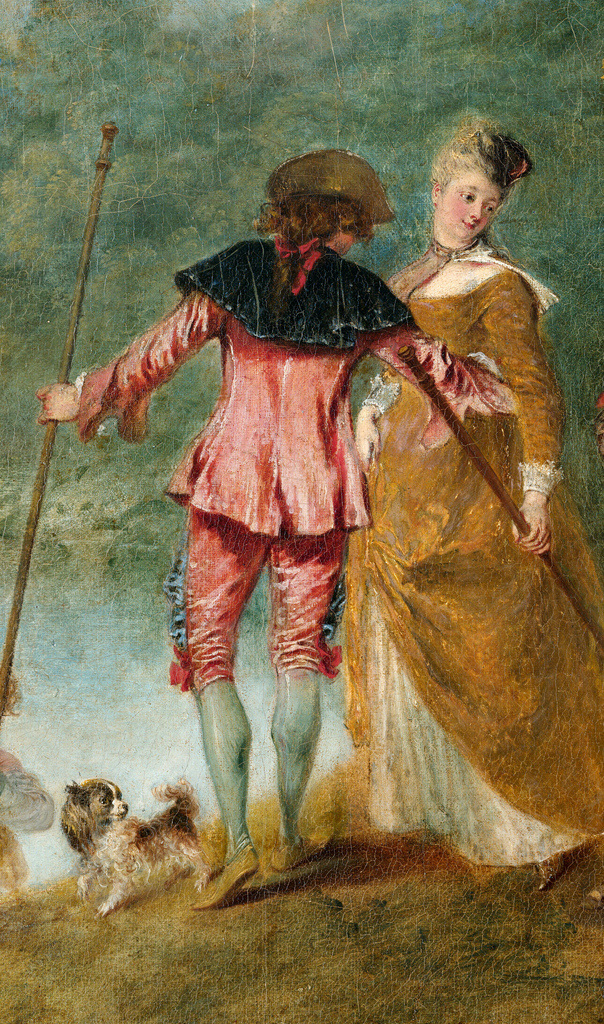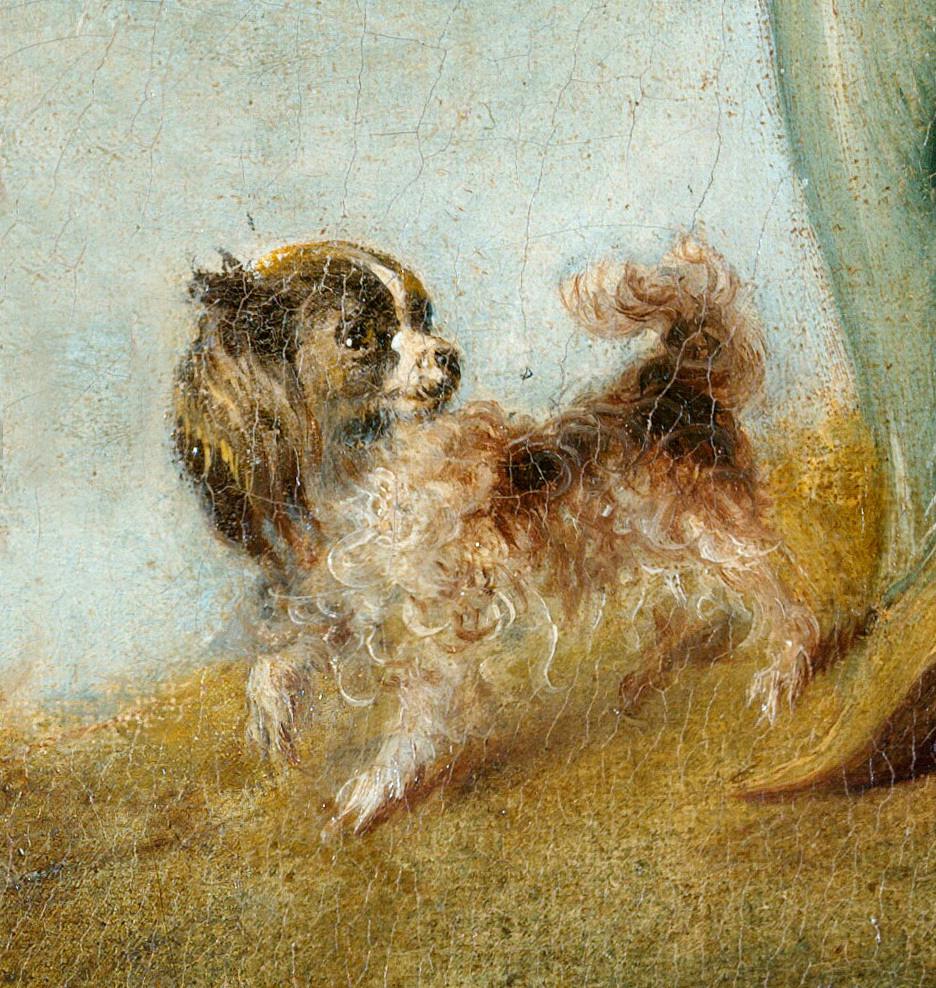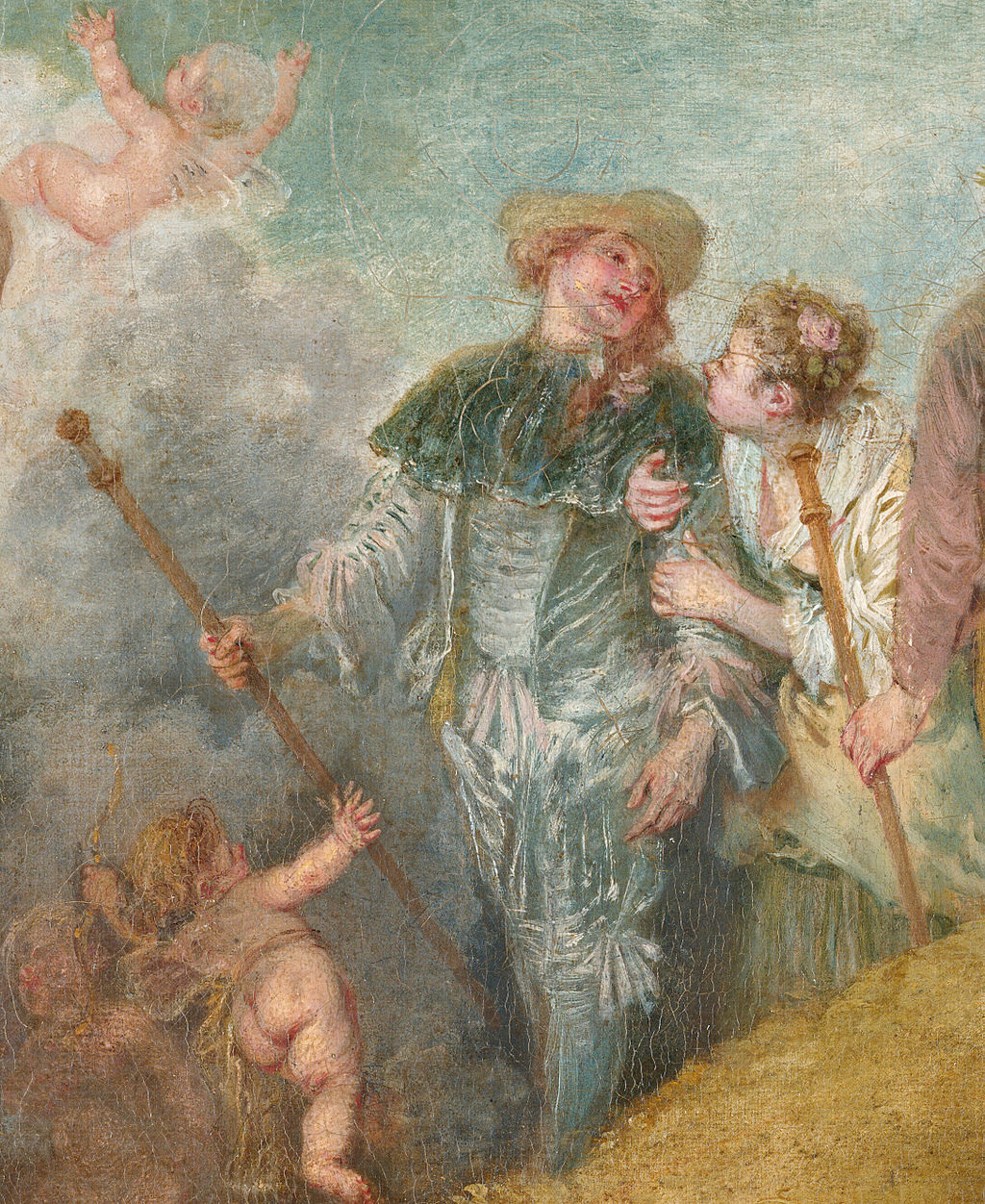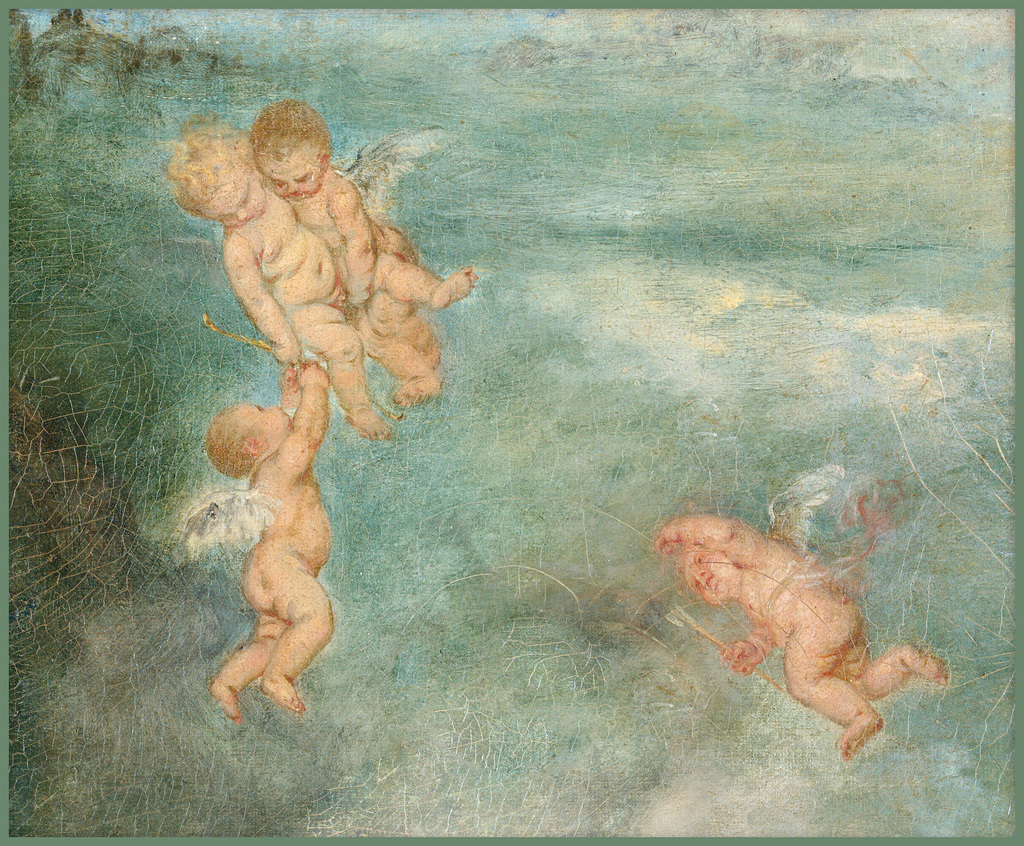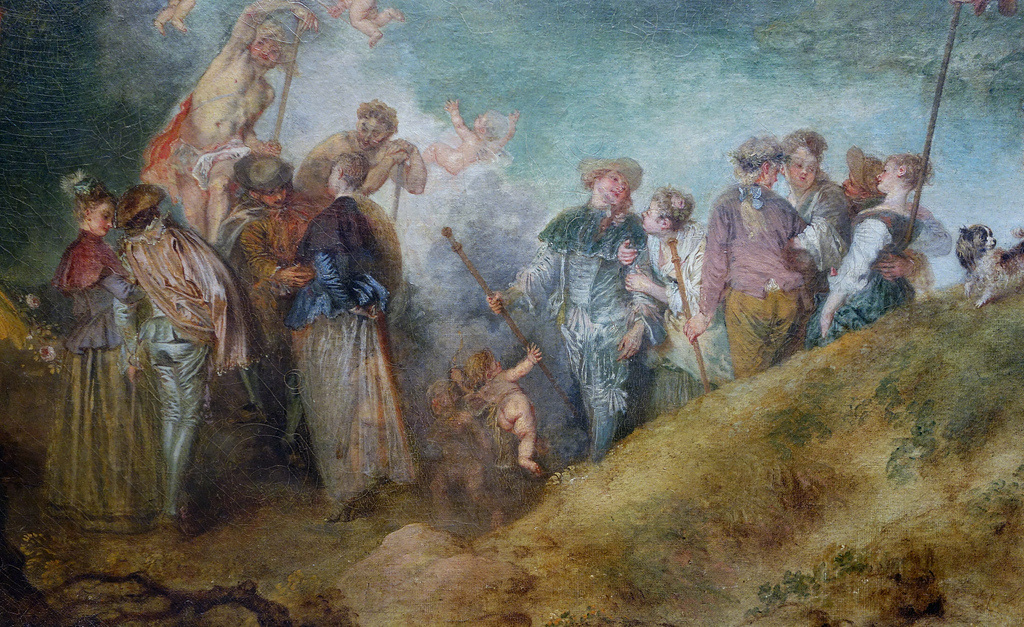"Bow Tie Flip"
Assessing the "Changing Thought" of
the Enlightenment Period, 1600 - 1750
For this activity, we will be using the metaphor of a bow tie: two (2) "sides" with a "knot" in the middle. But remember, though it has two (2) "sides", it comes from one tie only! The point of the metaphor is that there is a theme of a tie: religion, politics, the masses, the role of women, etc. And there are "conflicting opinions" on the theme. You'll understand more as we continue. But for now, just envision the "bow tie"...
The years of the Sixteenth and Seventeenth Centuries were dominated by the theme of absolutism. And out of this theme came the following prevailing thoughts:
In what ways were these thoughts "challenged" during the Enlightenment era?
- POLITICS: The king was absolute.
- RELIGION: God, divine, chose the leader.
- L'ETAT: The state, above all, matters most.
In what ways were these thoughts "challenged" during the Enlightenment era?
Part i: Political Thought
We can use the above image to reference thought of the absolute king: pure, unchecked power. In fact, the image above comes from a book written by Thomas Hobbes called The Leviathan in which he imagines the perfect society run by an absolute ruler. How did political thoughts change from the pre- to the post-Enlightenment period? Let's examine the following texts:
- Memoires [of Louis XIV], by Voltaire
- The Second Treatise on Government, by John Locke.
Memoires (of Louis XIV), by Voltaire
- [The absolute king]...goes into minute detail about some matter, without a
moment's warning, when a local government minister least expects it. [He might even emulate the model of the "Sun King" because of]...radiance that surrounds [his power]; the light [he] imparts
to the other stars...the good [he] does in every place, ceaselessly producing joy and activity on every side...[This is] assuredly the most
vivid and beautiful image of a great monarch. [Lastly] The [absolute] king is acquainted with the principal laws; he possesses the spirit of them, and knows how to maintain or mitigate them properly. He often decides [what is best for] his subjects...
The Second Treatise on Government, by John Locke
- An absolute monarchy…is indeed inconsistent with civil society...[because a monarchy] [sets] up a known authority...which everyone of the society ought to obey;...[In the ideal system of government,] the community comes to be umpire, by setting standing rules [that are] the same to all parties;…[When a man surrenders his [own powers] to the public.…he authorizes the society…to make laws for him, as the public good of the society shall require...The community retains a supreme power [over] even their legislators, [that] whenever they shall be foolish or wicked...[the community] will always have a right to preserve [their power] and rid themselves of those who invade them...
- "...the community retains a supreme power [over] even their legislators, [that] whenever they shall be foolish or wicked...[the community] will always have a right to preserve [their power] and rid themselves of those who invade them...And if a long train of abuses [continue], ...they should then rise themselves, and endeavor to put the rule into [their own hands] which may secure to them the ends for which government was at first established;"
Question: Both Voltaire and John Locke go into detail about how "politics" should be run. Yet, there are two "sides" to this bow tie: How did political thought change from the pre- to the post-Enlightenment period?
Part II: Religious Thought
We can use the above image to reference thought of the pervasiveness of religion: dominant, power-bequeathing, and war-inducing. And even after the fateful year of 1517, religion remained very much a part of everyday life. Yet, in the Enlightenment period, its social construction was challenged. How did religious thoughts change from the pre- to the post-Enlightenment period? Let's examine the following texts:
- Rules For Right Thinking, by Ignatius Loyola and the anonymous source, Living Flame of Love
- Dictionnaire Philosophique, by Voltaire
Rules For Right Thinking, by Ignatius Loyola
- RULE, the FIRST: Always to be ready to obey with mind and heart, our holy mother, our infallible and orthodox mistress, the Catholic Church, whose authority is exercised over us by the hierarchy.
- RULE, the SIXTH: To praise relics, pious pilgrimages, indulgences, jubilees, the custom of lighting candles in the churches, and other such aids to piety and devotion.
- RULE, the TENTH: To be eager to commend the decrees, mandates, traditions, rites and customs of the Fathers in the Faith or our superiors.
Living Flame of Love
O living flame of love
Tenderly wounding my soul
In its very deepest core!
No longer coy,
Close now, if it’s your wish;
Rend the fabric
Of this sweet encounter
O softest searing burn!
O welcome ulcer!
O tender hand! O subtle touch!
Of life eternal tasting
And every debt redeeming;
In slaying, all death to life
You’ve turned.
O lanterns of fire,
Light whose resplendent rays
The deepest caverns of sense,
Erstwhile dark and blind,
Warmth, with curious care,
And light together
Give to its beloved.
How gentle and how loving
You wake up on my breast,
Where secretly you alone dwell,
And with your tempting breath,
Goodness and glory filled,
How delicately my love
You inflame me!
Tenderly wounding my soul
In its very deepest core!
No longer coy,
Close now, if it’s your wish;
Rend the fabric
Of this sweet encounter
O softest searing burn!
O welcome ulcer!
O tender hand! O subtle touch!
Of life eternal tasting
And every debt redeeming;
In slaying, all death to life
You’ve turned.
O lanterns of fire,
Light whose resplendent rays
The deepest caverns of sense,
Erstwhile dark and blind,
Warmth, with curious care,
And light together
Give to its beloved.
How gentle and how loving
You wake up on my breast,
Where secretly you alone dwell,
And with your tempting breath,
Goodness and glory filled,
How delicately my love
You inflame me!
Dictionnaire Philosophique, by Voltaire
- What is faith? Is it to believe that which is evident? No. It is perfectly evident to my mind that there exists a necessary, eternal, supreme, and intelligent being. This is no matter of faith, but of reason. We are intelligent beings: intelligent beings cannot have been formed by a crude, blind, insensible being.
- Why does so much evil exist, seeing that everything is formed by a God whom all theists are agreed in naming ‘good’? This globe is only a vast field of destruction and carnage. If He has been able [to change this] and if He has not done so, fear to regard Him as malevolent.
This rigid chain of bodies, minds, and worlds.
Dreams of the bloodless thinker are such thoughts.
God holds the chain: is not himself enchained;
By indulgent choice is all arranged;
Implacable he's not, but free and just.
Why suffer we, then, under one so just?
Dreams of the bloodless thinker are such thoughts.
God holds the chain: is not himself enchained;
By indulgent choice is all arranged;
Implacable he's not, but free and just.
Why suffer we, then, under one so just?
Question: Voltaire, again, is the "featured player" here, and goes into detail about how "religion" is not exactly what the "Church", in the form of Loyola and others, is selling. There are two "sides" to this bow tie. How did religious thought change from the pre- to the post-Enlightenment period?
Part III: "The Debate About Women"
We can use the above image to reference thought of the devilishly-domineering dominion that women (...supposedly...) had over men prior to the Enlightenment period. From the Renaissance to the Absolutist periods, women, and their value in society, were kept at arm's length out of both fear and ignorance. How did "the debate about women" change from the pre- to the post-Enlightenment period? Let's examine four texts this time, all of which detail with Enlightenment thought in relation to the "debate about women".
- Outlines of an Historical View of the Progress of the Human Mind, by Nicolas de Condorcet
- Emile, by Jean Jacques Rousseau
- Les Journal Des Dames, by Madame de Beaumer
- Letters on Education, by Catharine Macaulay
Outlines of an Historical View on the Progress of the Human Mind, by Nicolas de Condorcet
- [Le philosophes] made it their glory to eradicate popular errors, thus aiding indirectly the progress of mankind...[They] fought on the side of truth with all the weapons that learning, wit and genius were able to furnish…[The] rights [to knowledge] are inalienable and imprescriptible…These principles became the common creed, the symbol and type of all men who were not idiots…
Emile, by Jean Jacques Rousseau
- Every woman at Paris gathers in her apartment a harem of men more womanish than she...Woman constitute the principal ornament of the world…May they, through submissive discretion and through simple, adroit, artless cleverness, spur us men on to virtue. The whole education of women ought to be relative to men. To please them, to be useful to them, to educate them when young, to care for them when grown, to counsel them, to console them, and to make life agreeable and sweet to them – these are the duties of women.
Les Journal Des Dames, by Madame de Beaumer
- In truth, Gentlemen, you do us much honor to…regard this [Journal des Dames] as a petty work…To rid you of your error, we have made our Journal historical…An historical Journal des Dames! these Gentlemen reply. How ridiculous! How out of character with the nature of this work, which calls only for little pieces to amuse [ladies] during their toilette. Well! It is precisely this that I wish to avoid…Please, Gentlemen, mind your own business and let us write in a manner worthy of our sex; If we have not been raised up in the sciences as you have, it is you who are the guilty ones.
Letters on Education, by Catharine Macaulay
- Among the most strenuous asserters of a sexual difference in character, Rousseau,…sets out with a supposition that Nature intended the subjection of the one sex to the other; that consequently there must be an inferiority of intellect in the subjected party…The situation and education of women…[comes] from a false notion of beauty and delicacy, [that] their system of nerves is depraved before they come out of the nursery; and this kind of depravity has more influence over mind, and consequently over morals, than is commonly apprehended.
Question: Rousseau is certainly not misogynistic or an advocate of the "Witches Hammer"-theory. Yet, his writings seems to keep women confined to their traditional gender roles. There are two "sides" to this bow tie. How did "the debate about women" change from the pre- to the post-Enlightenment period?
Part IV: Artistic Creativity
Remember that artistic movements have no definite "starting" or "stopping" points. But, we do see a "bow tie flip" between Baroque art of the past, and Rococo art of the present! If anything, at least the color palette has changed!
How did "artistic creativity" change from the pre- to the post-Enlightenment period? Let's examine some of the original thoughts on the Baroque style of art.
How did "artistic creativity" change from the pre- to the post-Enlightenment period? Let's examine some of the original thoughts on the Baroque style of art.
|
So, now let's see how the "bow tie flipped" from Baroque art to Rococo art.
...and some "zoomed in" parts of the painting
Question: Baroque art, and especially its music, didn't "die" during the Enlightenment period, but it seems as artistic expression and creativity was at least "tweaked". There are two "sides" to this bow tie. How did "artistic creativity" change from the pre- to the post-Enlightenment period?
